What I’ve Learned about White Privilege
June 16, 2020
The first time I heard the term white privilege was during middle school. My friends used to tease me about being a “rich white girl,” and sometimes they’d equate my family’s financial status to our white privilege. Until recently, I was ignorant because I thought that this was a term used by people who were jealous because of their different socio-economic status. Growing up in a predominantly white, affluent town, I hadn’t really been exposed to the term white privilege.
When I first heard about the murder of George Floyd, I definitely felt sad, but unfortunately dismissed it as just another news story, another tragedy of 2020. What really grabbed my attention was Instagram Blackout Tuesday on June 2. This may seem really superficial, but Instagram is my main news source lately. On that Tuesday, I read a lot about George Floyd and Breonna Taylor’s cases, as well as many other personal narratives of young African Americans. I started to realize my ignorance as well as start to feel guilty. Then I saw a post that read: “Normalize changing your opinions, it’s okay.”
I then started to feel increasingly angry. I wanted to get involved in the Black Lives Matter movement as much as I could. I signed petitions, made donations, and painted a sign to take to the Westborough rotary. I also had several heated discussions with my family, who do support Black Lives Matter, but haven’t matched my level of intensity on the issue.
Most importantly, I finally came to terms with my white privilege. As defined by the Oxford English Dictionary, white privilege is inherent advantages possessed by a white person on the basis of their race in a society characterized by racial inequality and injustice. So for example, of the few encounters I’ve had with the police, none have been confrontational or aggressive in the least. I don’t worry about my brother or my father being killed for running in the wrong neighborhood or spending a bad twenty dollar bill. I never feel out of place in my predominantly white high school in my predominantly white town. I’ll never know the feeling of being discriminated against, unheard, or disrespected because of the color of my skin.
I know now that white privilege is not about going on nice vacations, or wearing the best brands, or having a nice car. White privilege is, as I understand it, having a voice that is heard in society and being accepted in society because of the color of your skin. It’s about feeling safe in the hands of authorities. I may never understand what it feels like to be a black person or person of color in the United States. However, I can stand by my black peers in this time of protest until everyone in our country can be treated as equals. My black peers’ voices are equally as important as any white peers’ voices, if not more so at this critical time in our histroy. Listening to African American voices is the way we can learn how to change the oppression they face in our country.


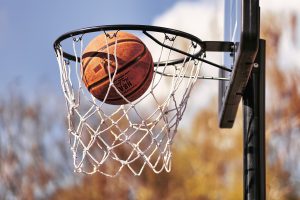

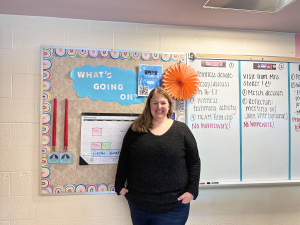
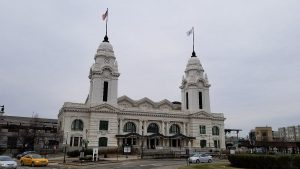
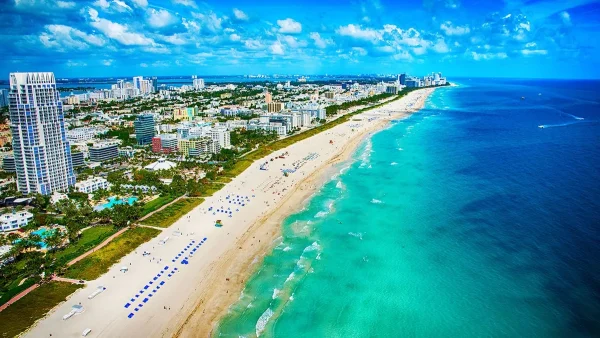



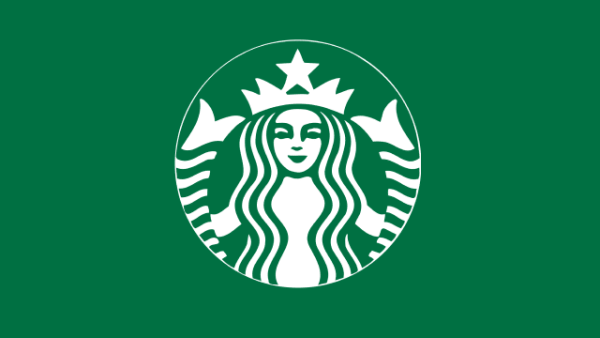
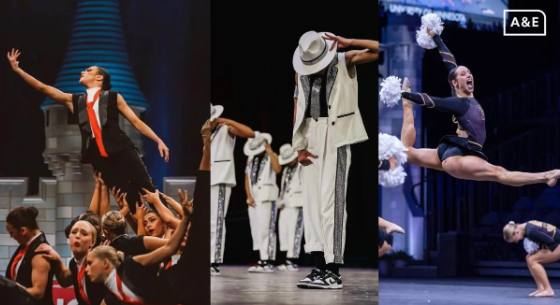
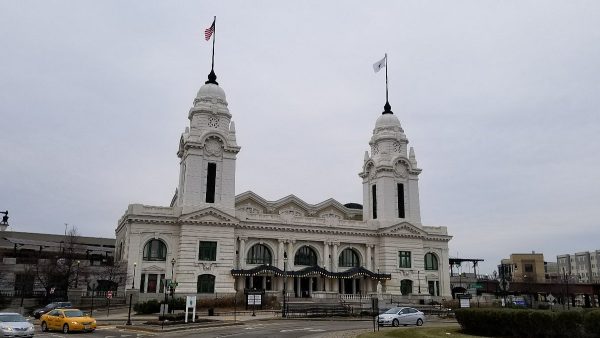


Abigail J • Oct 12, 2020 at 6:24 pm
Caroline, you never cease to amaze me. This article is amazingly written, needs to be read by all of WHS.
Bridget Lord • Aug 13, 2020 at 9:36 pm
Caroline, this is such a great article that I think a lot of WHS students will be able to relate to. Thank you for sharing!!